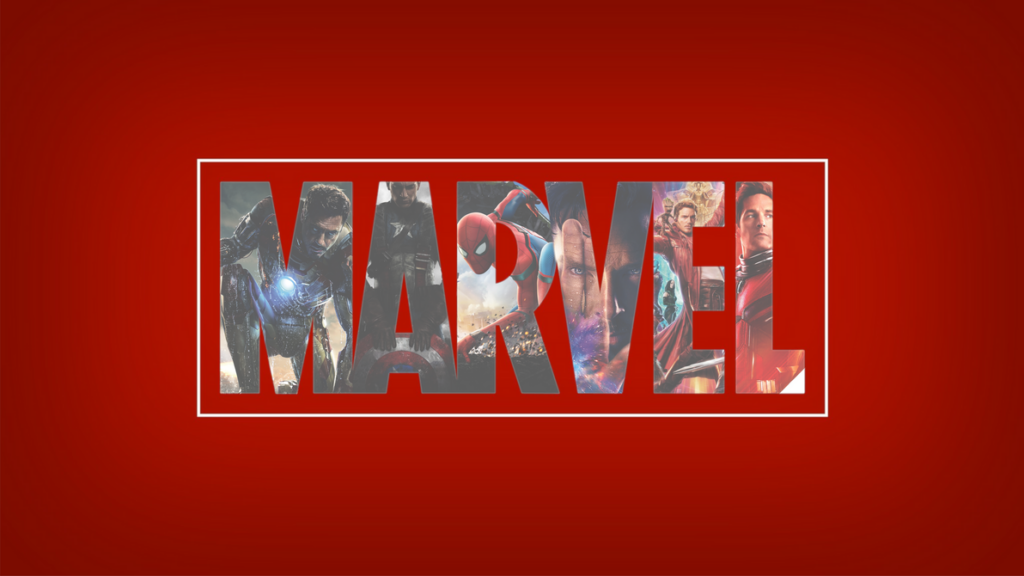
This blog was originally posted on LinkedIn.
Understanding the Marvel Cinematic Universe
The Marvel Cinematic Universe (MCU) has become one of the largest entertainment properties in the world. For the uninitiated, this shared universe of movies and television shows is based on superheroes from Marvel Comics.
There have been other universes in film and television before the MCU, such as the Star Wars franchise, but none has adopted the same organizing framework.
Marvel Studios releases its films in groups it calls “phases.” It also groups phases together into “sagas.” The first three phases are called the “Infinite Saga,” for example.
Here is a visual representation of the first four phases:

Why does this matter?
I’ve conducted over 1,000 phone interviews as a recruiter and have reviewed tens of thousands of resumes. For the purposes of applying for a role, most people speak about their careers sequentially.
It sounds something like this: “First I did this job. Then I left for better opportunities. Then I did that job. Now I want the job we’re discussing.”
For folks that are early in their career, speaking about their professional background sequentially makes sense. But after you have a few years of experience, the path may not be so linear.
Additionally, thinking about your career in a straight line can make it difficult to plan for the future if you aren’t in a field that has prescriptive roles that you can clearly anticipate.
Most of us knowledge workers are out here trying to put the pieces together.
Alternatively, consider thinking about your career in phases. Find ways of grouping roles and organizations in ways that tell a story.
Here’s an example, using my own career trajectory:
Describing my Career Sequentially:
I started my career teaching middle and high school English. Then I worked in education advocacy, fundraising, and recruiting. I’ve been in talent acquisition for the last eight years.
Describing my Career in Phases:
My career has undergone three phases.
Phase 1: The first phase of my career was in the classroom. I taught middle and high school English in my hometown of Brooklyn, NY.
Phase 2: At the time, Obama was President and there was a lot of energy around education reform, so I had the opportunity shift into the next big phase of my career doing education advocacy around the country.
Phase 3: The end of that second phase was a short stint in development (not for me), but that kicked off the third phase that has been focused on recruitment. I worked as an in-house recruiter for five years and an executive recruiter for three.
The Advantage of Phases
There are a few advantages to describing your career in phases. First, you’re able to control the themes and rationale for transitions better than the default of looking at your trajectory job by job. Phases don’t have to be same size. For me, Phase 1 is two years long and Phase 3 is eight years long.
Also, phases don’t have to just include jobs. They can include current events that shaped your life, volunteer experiences, or other factors that mark a professional chapter.
Second, it makes it easier for other people to tell your story. Instead of having to memorize your resume, they have a framework that they can easily tell others. It’s easier to remember three phases than eight jobs.
This is helpful when you’re interviewing for a role and there are a lot of people that need to contextualize your professional background. It also helps when you’re networking and want to give other people the tools they need to speak about your expertise to others.
Career changers are familiar with the benefits of grouping your professional background in this way. Even if you’ve been in the same field your entire career, asking yourself, “How might I describe my career phases?” is a useful exercise. Doing so can help to organize the past and clarify the future.
 Omar Lopez, Senior Talent Consultant
Omar Lopez, Senior Talent Consultant
